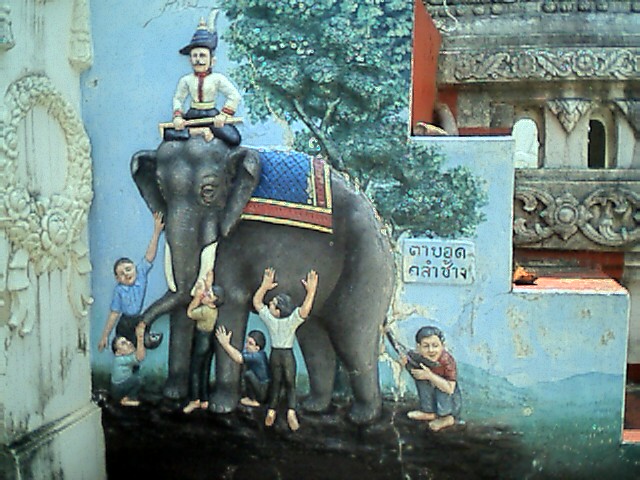
The Blind Men and the Elephant: a Story of Delusion and How We See Reality
What is an elephant?
You might wonder what the relevance of this question is – maybe because you believe you already know the answer to it (duh!), or because it really does not seem to be that relevant to you, your happiness, or even the universe. Let me try to show you how this is one of the most important questions you will ever ask in life, and how you have been deluded this whole time about what an elephant really is.
There is an ancient Indian tale that tells how a group of blind people once heard that a new and strange animal, called an elephant, had been brought to town, and decided to go find out how it was like. Being blind, they had to resort to knowing the animal by their means of sensing the world: touch. And so they went on to inspect and know what an elephant was by touching and feeling it with their hands.
The first person, his hands landed on the trunk of the elephant, came back and said: “An elephant is like a thick snake.” But the second person, whose hands had landed on the animal’s ear, replied: “No, an elephant is like a kind of a fan.” Another one had laid his hands on its leg, and could swear that an elephant was a pillar, similar to a tree-trunk. Yet another one came back, and insisted that it was a wall – his hands had landed on the elephant’s side. The blind person who had grabbed its tail described it as a rope. And the last one who had touched the tusk, stated that an elephant is that which is hard, smooth, and like a spear.
Great confusion arose. Every single one of the blind people was absolutely sure of what they had felt, and that an elephant was exactly how they had described it. Therefore, the others had to be lying, dishonest and treacherous. Even worse, the others were rejecting their view, stating it was completely wrong, and affirming they were the ones lying, which was clearly false!
As you surely know well, personal attacks and false accusations are some of the hottest triggers for anger, and anger is the emotion most prone to conflict, aggressiveness and hostility. In a short while, an ugly argument took place, which soon escalated to an all-out fight, like the ones in cartoons where you only see a big cloud of dust with a few arms, legs, and faces with red or purple swollen eyes coming out. Good thing they were all blind, and couldn’t really hit each other.
Now, how does this story relate to us, our happiness, and the way we see the world? Yes, you guessed it: we’re the blind people, and the elephant is reality.
We were born blind. And I don’t mean visually blind. We were born blind because we have a very narrow and highly conditioned window of sensing and knowing the world. Our physical senses are amazing and very useful, but they are also fragile, fallible, and limited. Not only are they prone to error in what they do sense, there is such a great piece of reality that they can’t even sense.
We need not go further than our vision: we can only see a tiny portion of the electromagnetic spectrum – visible light – while there is an immensurable quantity of radiation passing in front of our eyes and even hitting our retina which we simply cannot see and will never come to our awareness. Other animals can see much more or different ones. So, even visually we are quite blind.
Besides only knowing the narrow portion of reality that our senses allow us to, we also can only access the bits of it that we “touch”. Just like the blind people were limited in their knowledge and understanding of the elephant by the constrained part of it that their hands touched, so we are limited in our knowledge and understanding of reality by the parts of it that we touch. We only come to know the surfaces that contact our skin, the sounds that hit our eardrums, the light that shines on our retinas, and the tastes and smells that enter our noses and mouths (provided we don’t have a runny nose!).
We only see a very subjective, individual, and relative perspective of reality. We only know that which we directly or indirectly come into contact with, and thus the way we see the world is entirely subjective and always in relationship to ourselves, from the interdependence of how things interact with us and we interact with things; and not from an objective, “God’s eye” perspective.
And you know what? Maybe there isn’t even one… Maybe we, others, things, planets, stars, galaxies – everything – only exist in relationship and dependence to one another, and are empty of an inherent, autonomous existence. The contemplative investigation of the nature of reality (through Vipassana) allows us to get insight into this, and so does quantum physics. Yet, in our ordinary experience we firmly believe that things and ourselves have an inherent and independent existence and characteristics. This is called grasping and reifying.
Now, why does this matter? It matters because our thoughts, feelings, emotions, behaviors, values, and ultimately our happiness and suffering, depend on how we see the world, how we believe it works, what we believe we are, and which we believe to be the causes of happiness and suffering. And if our understanding of the world is incorrect and delusional, then we are bound to have dysfunctional and destructive thoughts, feelings, emotions, behaviors, and values, which will end up in more unnecessary suffering and constitute an obstacle to genuine well-being.
If that blind person continued to believe that an elephant is a rope, maybe he would try to tie a knot with it, which not only wouldn’t work, would hurt the animal, and would probably end up with him getting a good kick from it. Or maybe being hit by a pillar like a tree-trunk. Who knows. Anyway – suffering.
Interestingly enough, in Buddhism and its contemplative science of mind, ignorance is seen as the ultimate cause of all kinds of suffering, especially all the suffering caused by us, onto others and ourselves. And here ignorance is not referring to the mere passive unawareness or lack of knowledge of facts and reality. It is also and above all referring to the active misinterpretation and projection on reality of what isn’t there – delusion.
Because we don’t just see the world only through our senses, do we? We also see it with our minds. When we investigate the nature of our experience through the application of refined mindfulness to it (the four applications of mindfulness – or satipatthana –, a core vipassana practice), we find that our normal experience is very little to none of the actual raw data and sensations that directly come through our senses.
The moment after our senses come into contact with some part of reality, our minds are already producing feelings on it – pleasant (“I like it”), unpleasant (“I hate it”), or neutral (“I don’t care”) – and judging, analyzing, labeling, conceptualizing it, making up a story (sometimes a whole romance or a ten-book fantasy saga), comparing it to what we already know and fitting it into a pre-set drawer in the closet of our pre-set knowledge and way of thinking.
It is these stories, conceptualizations, and feelings that make up our ordinary experience of the world. Sometimes they are sounder and somewhat based on reality, a processed and fabled but still situationally useful representation of it. Other times they are a total miss or even contrary to reality. At all times, they are not what reality truly is.
But how many of us live most of our lives firmly believing that reality is just as we experience it? We don’t even give it a second thought. Our subjective, limited, and adulterated experience becomes our objective, complete, and unquestioned reality, and we reify it and grasp onto it. There was never a snake, a fan, or a wall in that elephant. But to those blind people, there very much was.
We go living as if in a dream state. Just like in dreams, we believe the story constructed by the mind, hold it as actual reality, and identify with it, living through its happenings and mishappenings, joys and pains, passions and fears, without ever suspecting that it is only but a dream.
That is delusion, sure. But it is much worse than delusion. It is being deluded without knowing, without even suspecting that we are deluded. In fact, we very much believe it to be the truth, absolute reality, and woe to whoever dares to challenge or contradict it. So, we’re delusional about our delusion. It’s delusion squared!
And that is our biggest problem. Because if we at least knew of our delusion, first, we wouldn’t be so easily taken by it, wouldn’t identify with its stories and our constructed sense of self in them, and wouldn’t suffer with what isn’t even there. And second, that realization would be the first step towards wanting and trying to truly know reality.
Just like in lucid dreaming – when we become aware that we are dreaming –, if we can become aware of our delusions, we will be able to break free from them, and maybe even fly. And from there, we become able to take the next necessary step to directly knowing reality: waking up – or, if you would like a fancier word, awakening.
That is a whole other story. But realizing this, coming to know our delusions, is the first, foremost, and most life-changing step. Without doing so, we’ve got no chance to leave the cycle of delusion and connect deeply with reality. If we never know that we don’t know, we will never try to know what we don’t know… you know?
The blind people had forgotten they were blind. Maybe some didn’t even know it, having always lived in that reality. Therefore, they couldn’t realize that maybe they had only touched part of the elephant, and there was so much more to explore. They left with a largely incomplete and distorted understanding of what an elephant is, and their ignorance along with their attachment to their views and inflexibility on taking others caused them to start a big and disastrous fight with suffering as the outcome for everyone.
We too forget that we are blind – some of us don’t even know it – and we come to think we see reality as it is, the whole reality, and nothing but reality. That is when we disconnect from others and reality, and set ourselves up for suffering and confusion. That is what causes us to have unwholesome values, maladaptive beliefs, afflicted minds, and destructive behaviors. It’s the motivator of all conflict, with our attachment to our views and our belief that we know the truth, the whole truth, and nothing but the truth.
Our world is filled with conflict, and it all stems from this reification and attachment to our own views, and inability to take or at least accept the existence of other perspectives. This has and continues to be true for religion, politics, and even science. In our homes too, with our families, and with our friends, we often dive into obstreperous arguments that lead nowhere and could be solved simply by acknowledging our different perspectives and trying to build together a more accurate and complete one.
But no one points out the elephant in the room. Often not because we don’t want to, but because we don’t even see it. And that is not because the elephant is invisible. It is because we are blind, or temporarily blinded.
If only we could remember that we are blind, that we naturally have delusion, then what a wiser and more peaceful world this would be. That was just what the blind people needed too: to remember they were all blind. From where we left off, the story can have multiple varied endings.
One version has a sighted person come and describe to them what an elephant really is from a complete perspective, and they all stop in the middle of grabbing each other’s necks and go “Aaahhhhhh!!…”. In another version, they realize it themselves, and then work together to get a full understanding of the elephant. And yet in another one, the elephant gets tired of them fighting, and blows some cold water on their heads to chill the beans (I’m the proud author of this one).
Whichever the version is your favorite, the take-away is the same: that recognizing, remembering, and building awareness of our delusions is key to cultivating wisdom, love, and genuine happiness, and the paramount step to avoiding unnecessary suffering and conflict. Then, let’s do just like an elephant, and never forget.
So this is the importance of questioning the elephant. (It won’t probably answer, but that was never the point anyway. The point was to understand that the elephant is a liar. No – I’m sorry – we are liars, although sometimes we like to blame the elephant. We lie to ourselves about the elephant, and then we believe our own lies. We are mischievous and at the same time innocent – basically, we are children.)
Questioning the elephant means questioning reality. And that, in turn, means questioning and investigating how we perceive reality and how we make up our own. It means acknowledging the limitations of our perception and the subjectivity of our points of view which we often consider as facts. And ultimately, it means wanting to see reality as it is and understand how it works, who we are and our place in it, and what are the real causes for good and bad, happiness and suffering. If we want to lead a meaningful and wholesome life, then that is essential.
So, don’t ever again believe you know exactly what an elephant is. The next time you see one, take the chance to ask yourself what is exactly that which you are calling an elephant. Investigate how it appears in your mind. What are the raw sensations and information coming from your senses, and how they are so little of all that the elephant truly is. How your perception of it comes only from your interaction and relation with it, being entirely subjective. And how you then make up your own elephant by analyzing and conceptualizing it, fitting and molding your understanding of it with your pre-conceived concepts and ideas, labeling it, and making up a whole story. This is what you have always believed an elephant to be, and now you can see how you never got it right.
Then, do this also with a hippopotamus. And with a zebra. And a frog, and the frog’s pond. And the rivers, the mountains, the sky. Your house, your car, and your cup of coffee. Do this with others, strangers, colleagues, and loved ones. And enemies. Do this with your body, and with yourself. Do this with everything in reality, and with reality itself. Then, you will be free – free from delusion. And you will be ready to awaken.
You will never see an elephant the same way again – in fact, I heartfully hope you don’t.
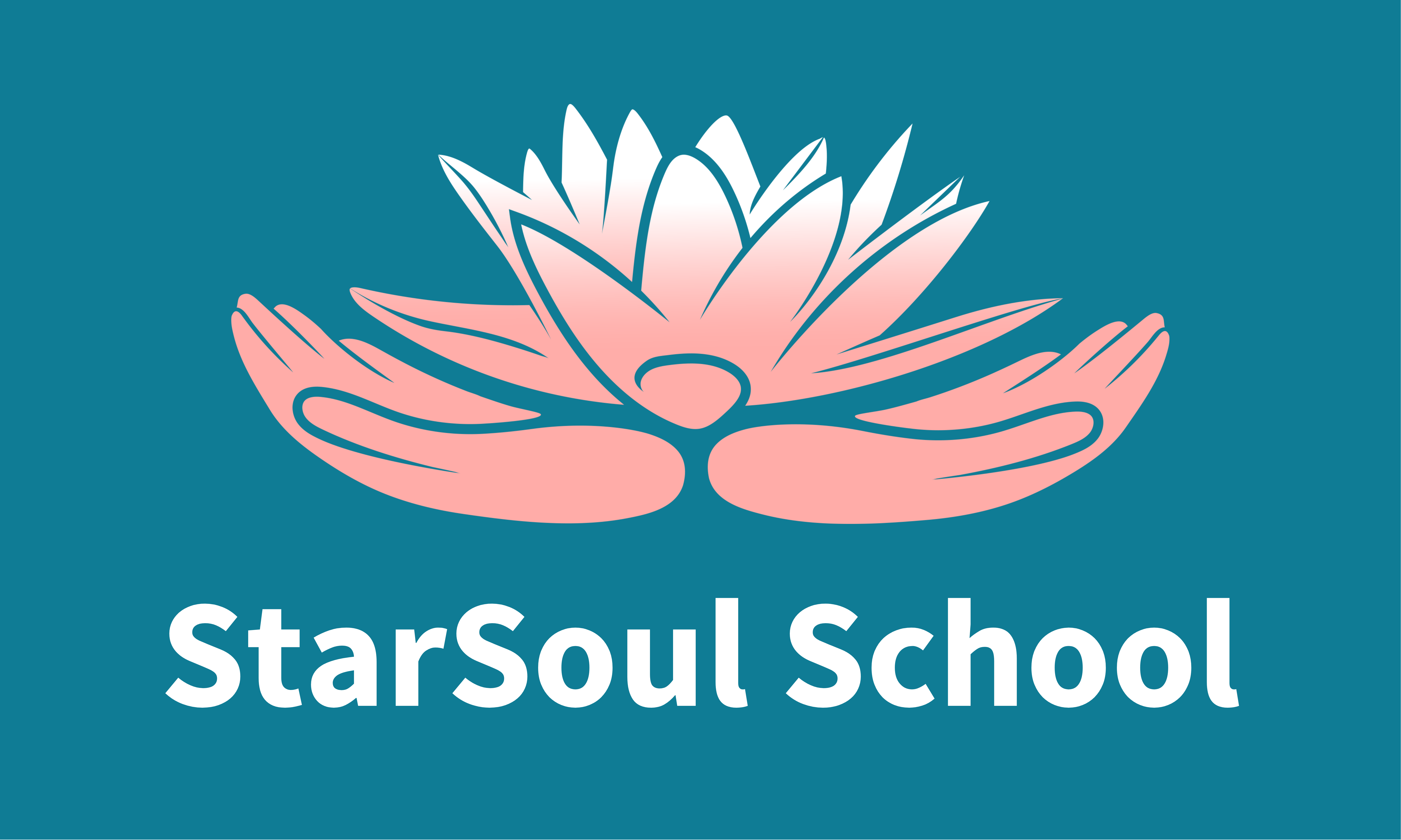

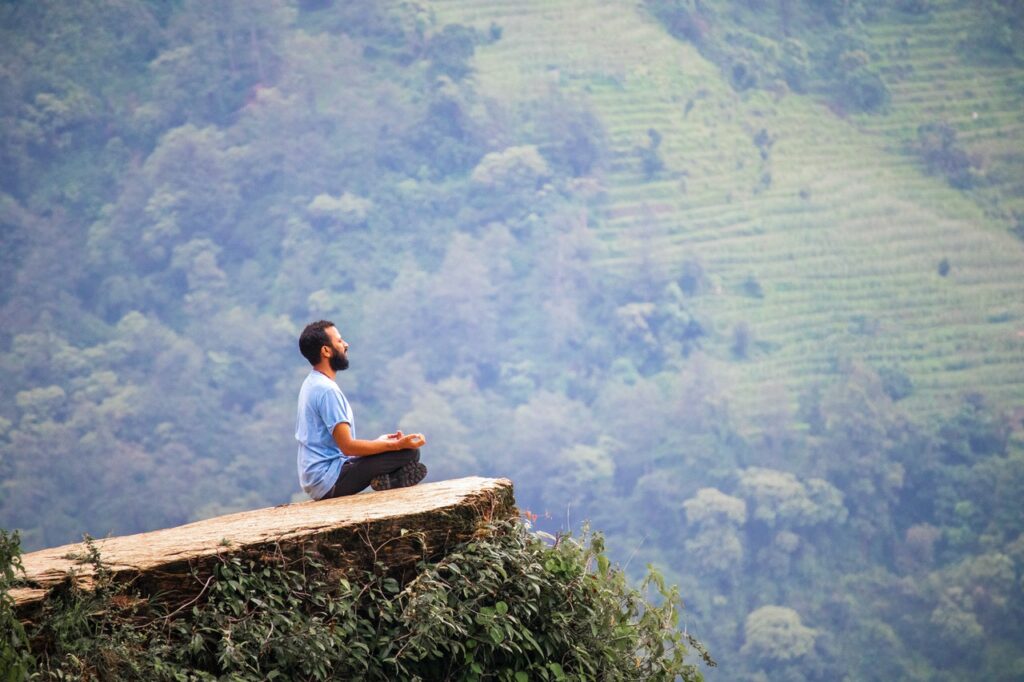
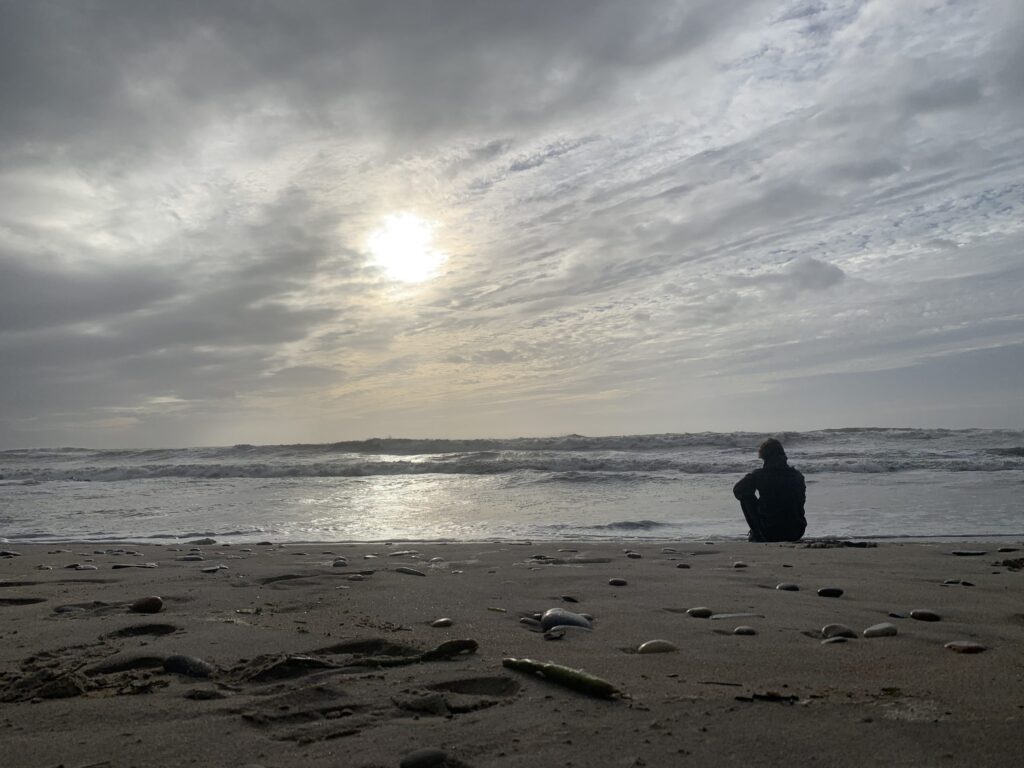

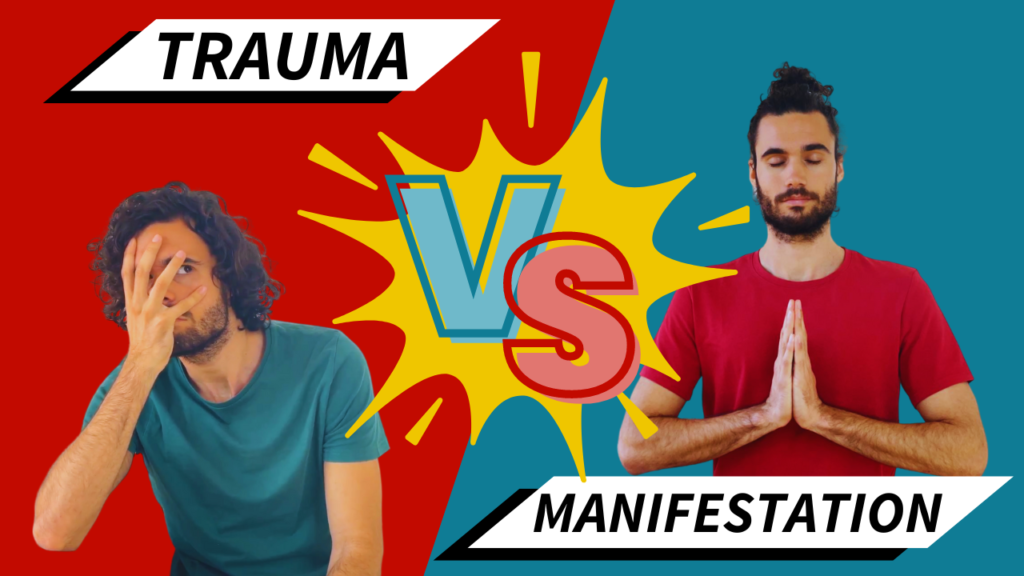
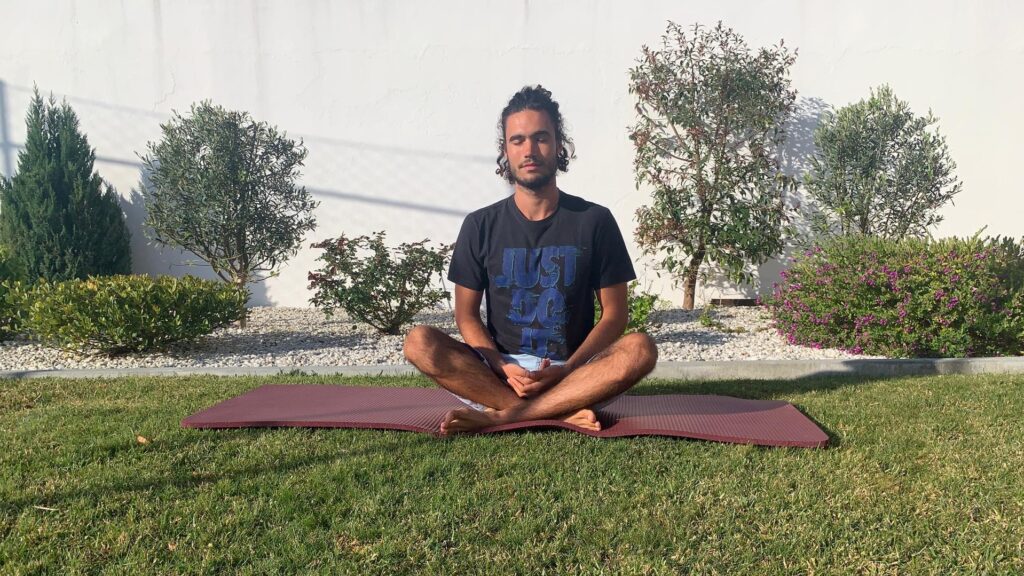
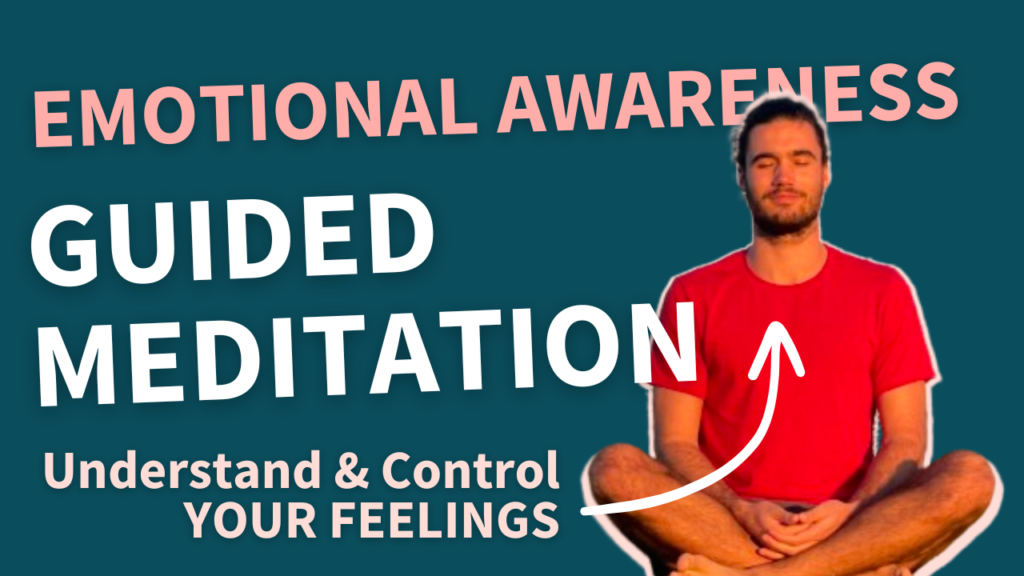
Comments